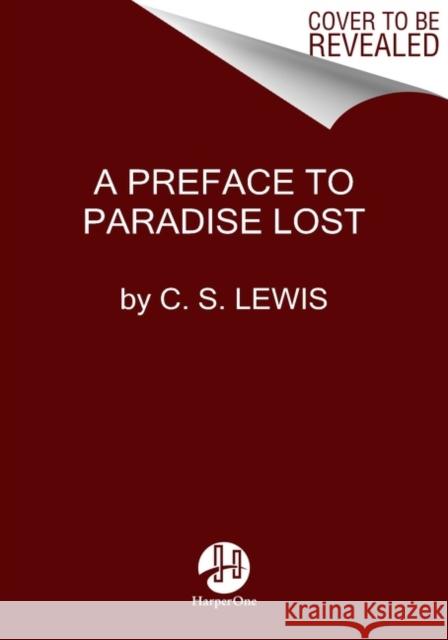A Preface to Paradise Lost » książka
topmenu
A Preface to Paradise Lost
ISBN-13: 9780063222137 / Angielski / Twarda / 2022 / 192 str.
Kategorie:
Kategorie BISAC:
Wydawca:
HarperCollins
Język:
Angielski
ISBN-13:
9780063222137
Rok wydania:
2022
Ilość stron:
192
Waga:
0.27 kg
Wymiary:
21.34 x 13.72 x 2.54
Oprawa:
Twarda
Wolumenów:
01
Dodatkowe informacje:
Bibliografia











